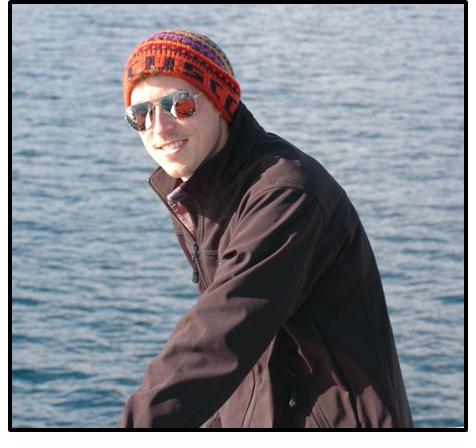Research overturns conventional thinking on the age and diversity of marine ecosystems
Author: Kyle
Posted on Sep 23, 2020
Category: Student Stories

Research by a recent UNB PhD graduate overturns conventional thinking on the age and diversity of marine ecosystems. Conventional wisdom held that organisms currently living in arctic waters arrived relatively recently from warm southern waters following the recession of glaciers that blanketed much of North America during the last major glacial period 21 thousand years ago. Hence, organisms currently inhabiting artic waters were thought to be relatively recent immigrants from a common source.
However, research by a recent UNB graduate, Trevor Bringloe – now Dr. Bringloe – who completed his PhD in Biology in 2018 under the supervision of UNB Professor of Biology and Dean of Science Dr. Gary Saunders, challenges this paradigm. Together with a colleague in Australia, Bringloe and Saunders’s research suggests that, in fact, these artic populations are not likely recent immigrants that post-date the glacial period but rather survivors of the glacial period that originated from a variety of arctic sources. Hence, they are much older and far more genetically diverse than previously thought.
They base this conclusion on a combination of high-tech habitat modelling of arctic conditions during the last major glacial period and detailed genetic studies of marine ‘forests’ (i.e., seaweed) in remote areas around the Bering Sea, Hudson Bay and Baffin Island. The groups’ seminal findings are published in the prestigious Proceedings of the National Academy of Sciences.
The work has important implications for the potential adaptability of marine organisms in the arctic and the associated preservation of biotic diversity in the face of climate change and the warming of polar regions. Dr. Bringloe has since moved to warmer waters himself, specifically to Australia, where he is now at the University of Melbourne and holds a McKenzie Postdoctoral Fellowship to continue his research on genomic evolution of Arctic marine organisms.
